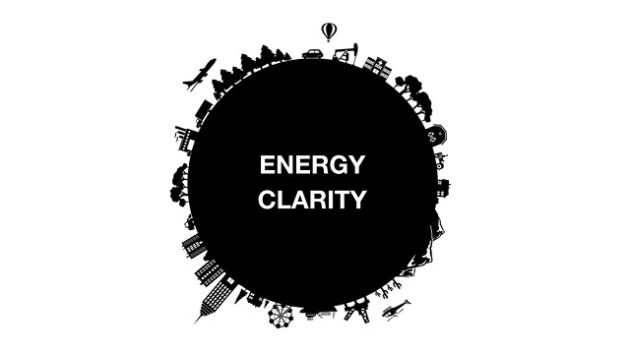Fossil Fuels Make Us Safer From Climate
When we’re talking about climate, we always need to remember that the ultimate goal isn’t some exact temperature. It’s climate safety and climate livability.
Is the climate becoming more dangerous?
We often hear claims that climate safety has gotten worse and will continue to get worse. What you rarely hear about though is how climate safety has improved through the protection effect of affordable energy.
What is the effect of climate on human beings? The best measure of that in this context is a statistic that almost no one talks about, climate related deaths. That’s a statistic that inventories how many die from climate related causes, such as storms, flood, extreme heat, and extreme cold.
The narrative is that our climate is becoming increasingly dangerous thanks to fossil fuels. The reality is that there has been a dramatic decrease in climate related deaths since we started using fossil fuels, particularly in the last 80 years as we started using a lot of them.
In the last 80 years, climate-related deaths have gone down by a rate of 98%.
How energy and technology have made us safer from climate
Climate safety is a problem that has largely been solved by using more technology, more energy, more industry, more development. If we really care about climate, there are lots of people who don’t have nearly enough technology, energy, and development to protect themselves from climate.
If we look at the full context and if we truly value human life, don’t people need more fossil fuels, not less? If we restricted fossil fuels and made energy more expensive for everybody, would people be safer from climate or not? If they had less ability to have air conditioning, if they had less ability to heat their homes, if they had less ability to build sturdy buildings, if they had less ability to have modern weather warning systems, if they had less ability to travel when a storm was coming, would they be better off or not? Restricting fossil fuels will not help climate safety. It will hurt them.
The lesson here is that nature doesn’t give us a safe climate that we make dangerous. It gives us a dangerous climate that we need to make safe.
If somebody is still concerned about CO2, then their policy needs to be let’s keep looking for new sources of energy. Find ones that are cheaper than fossil fuels. That’s the right kind of attitude, focusing on innovations, but to restrict fossil fuels, let alone to restrict fossil fuels and nuclear and hydro as many anti-fossil fuel advocates support, that is not going to make anyone better off at all and certainly not protect them from climate.
RELATED ARTICLES:
The One Statistic Climate Catastrophists Don’t Want You to Know – CATO Institute
Scare Pollution: Why and How to Fix the EPA
EDITORS NOTE: Here is a graph comparing CO2 emissions, the alleged climate danger, to the number of climate-related deaths, which reflects actual climate danger to humans. It’s striking—as CO2 emissions rise, climate-related deaths plunge.

Sources: Boden, Marland, Andres (2013); Etheridge et al. (1998); Keeling et al. (2001); MacFarling Meure et al. (2006); Merged IceCore Record Data, Scripps Institution of Oceanography; EM-DAT International Disaster Database




Leave a Reply
Want to join the discussion?Feel free to contribute!